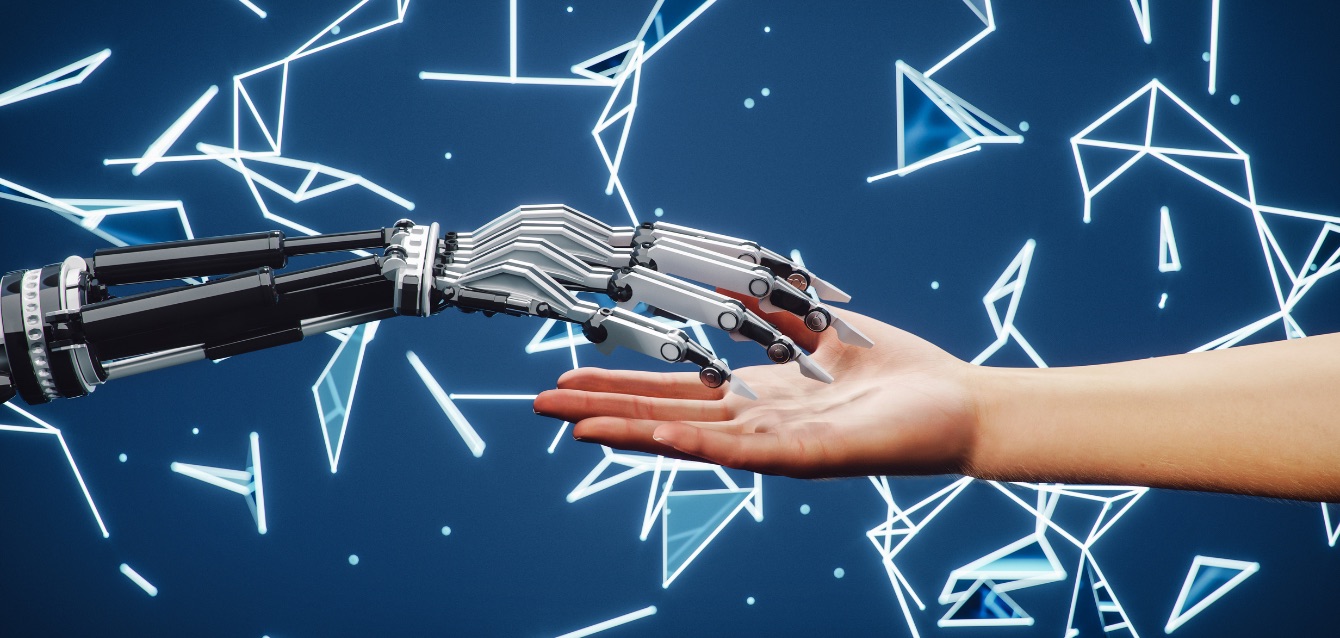What is AI in Business?
With AI software now generating over $50 billion in yearly revenue worldwide, it’s clear that enterprise AI isn’t just a fancy new tool anymore. Today’s business world demands more than traditional approaches. AI has become crucial for success, with the global AI market hitting $515.31 billion in 2023. This massive growth shows how businesses are using AI to work smarter, serve customers better, and find new ways to grow. This shift from “nice-to-have” to “must-have” makes perfect sense. Modern businesses face huge challenges in handling massive amounts of data, delivering personalized customer experiences, and keeping up with rapid market changes.
Unlike general-purpose AI, AI in business refers to using artificial intelligence to tackle these challenges head-on, turning raw data into useful insights and handling complex tasks that would overwhelm even the most capable teams.
If you’re asking questions like, What’s the difference between general and enterprise AI? How can I use AI in my business? What are the best enterprise AI use cases?—this guide is for you. Let’s dive into the key types of AI in business, their practical applications, and how you can prepare to adopt AI for long-term success.
6 Types of AI in Business
Let’s start by looking into the types of AI businesses are using today. Understanding each technology will help you better understand their applications later.
Process Automation AI
Imagine you have a bunch of repetitive tasks at work that take up a lot of time or just need a lot of hands-on effort. Wouldn’t it be great if there was a way to speed things up so you and your team could focus on more important decisions? That’s where process automation comes in. The technology mimics human actions to complete repetitive routine tasks.
Two of the main tools used in process automation are Robotic Process Automation (RPA) and Intelligent Process Automation (IPA). These technologies are commonly used in the two following areas:
- Supply Chain Management: Automatically tracking inventory and processing orders to eliminate manual tasks.
- Customer Service: RPA can handle things like answering common questions or sorting through emails—meaning customers get quicker, more efficient service, and the team has more time to tackle the bigger issues.
Predictive Analytics AI
Predictive Analytics AI helps you look at past data to spot patterns and trends so you can predict what might happen in the future. It uses technologies like Machine Learning and Statistical Modeling to analyze the data automatically. It can apply to different areas like:
- Inventory Management: Predicting which products will be in demand, making it easier to keep the right amount of stock on hand.
- Healthcare: Analyzing patient data to forecast disease progression and improve treatment planning.
Conversational AI
Conversational AI relies on two key technologies: Natural Language Processing (NLP) and Natural Language Understanding (NLU). NLP helps machines learn and understand human language by analyzing it, while NLU takes it a step further by helping machines understand how language changes based on context. These technologies allow AI models to learn grammar rules and mimic human conversation, making their interactions feel more natural and human-like.
You’ve probably already interacted with conversational AI in your daily life. Some examples include:
- Chatbots: Providing instant responses to customer inquiries on websites.
- Voice Assistants: Devices like Amazon’s Alexa that understand and respond to voice commands.
Edge AI
Unlike cloud computing, which sends data to servers for processing, edge AI processes data directly on local devices, sometimes with built-in AI tools. This means you don’t have to worry about slow network speeds, interruptions, or the risks of uploading sensitive data to the cloud. It also gives you real-time feedback, which is super valuable in fast-paced situations.
The core technologies behind edge AI include machine learning and deep learning, which are mainly used in scenarios that require quick decision-making. Some examples include:
- Industrial Automation: It enables machines to make instant decisions based on the data they receive in real-time, without having to wait for data to be sent to a distant server.
- Autonomous Vehicles: It relies on edge AI to process data in real-time for safe driving.
Computer Vision AI
Combining technologies like Image Processing, Machine Learning, Deep Learning, and Computer Vision, this AI tool helps machines “see” and understand images. This means machines can look at pictures or videos, recognize patterns, and make sense of what they’re seeing. Computer vision can be helpful in different areas, such as:
- Manufacturing: It can help with quality control, so machines can spot defects or errors in products as they’re being made.
- Inventory Management: Computer vision can keep track of your stock by scanning and analyzing images of your products.
- Healthcare: It can analyze medical images like X-rays or MRIs, helping doctors detect diseases or issues more quickly.
Generative AI
Generative AI specializes in creating new content, like text, audio, video, and even code. It works using technologies like Large Language Models and Generative Adversarial Networks (GANs). By training on vast sets of data, generative AI learns to mimic human thinking and creates content that’s useful and practical. Some popular generative AI tools include:
- OpenAI’s ChatGPT
- Google Gemini
As generative AI quickly becomes one of the most exciting technologies in both our work and daily lives, a forecast from Deloitte predicts that by 2025, 25% of companies will start using advanced generative AI tools — AI agents. And by 2027, that number is expected to double to 50%. AI agents can not only understand their surroundings and make decisions but also take action based on those decisions. Generative AI is the first step toward making AI agents a reality. Next, we’ll dive into how businesses and individuals use generative AI differently.
As a certified service partner of another AI technology company (Rezolve AI), we specialize in AI development services and help businesses implement to create custom AI solutions that align with their specific goals. Whether you’re looking to optimize operations, enhance customer experiences, or drive innovation, AIGG provides enterprise-grade tools to accelerate your success.
Ready to explore how AI can revolutionize your business?





